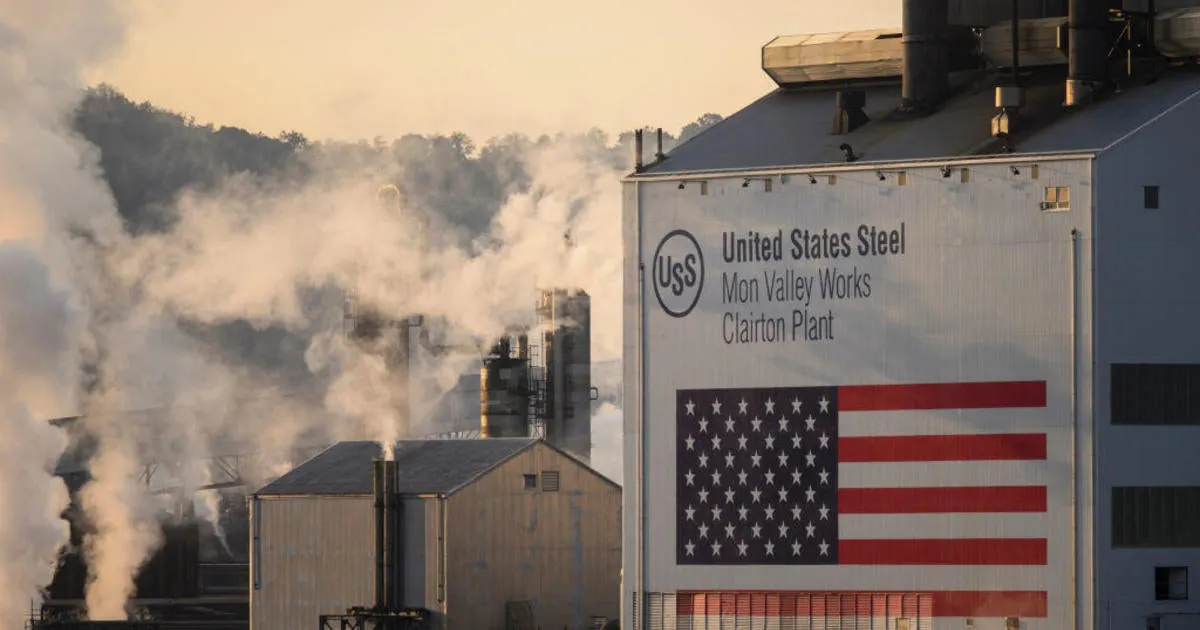Biden Faces Decision on National Security and the U.S. Steel-Nippon Steel Deal

Overview of the U.S. Steel-Nippon Steel Deal
A powerful government panel recently failed to reach consensus regarding potential national security risks associated with the proposed $15 billion acquisition of U.S. Steel by Japan's Nippon Steel. This uncertainty shifts the burden to President Joe Biden, who has previously voiced opposition to the deal.
Congressional Insights and Risks
- The Committee on Foreign Investment in the United States (CFIUS) submitted its report, indicating skepticism among some federal agencies.
- Concerns revolve around potential national security risks linked to foreign ownership of an American steelmaker.
- Biden, along with Donald Trump, has been vocal about protecting American jobs and upholding the interests of U.S. Steel workers.
Economic Implications and Future Considerations
Although faced with political pressures, the financial resources of Nippon Steel could enable significant investments in U.S. Steel's mills, potentially preserving production capacities in Pennsylvania.
The Path Forward
As Biden deliberates, the implications of his decision extend beyond just this deal; they could set a precedent for future foreign investments. With the deadline approaching, more insights from Congress could shape the outcome.
This article was prepared using information from open sources in accordance with the principles of Ethical Policy. The editorial team is not responsible for absolute accuracy, as it relies on data from the sources referenced.